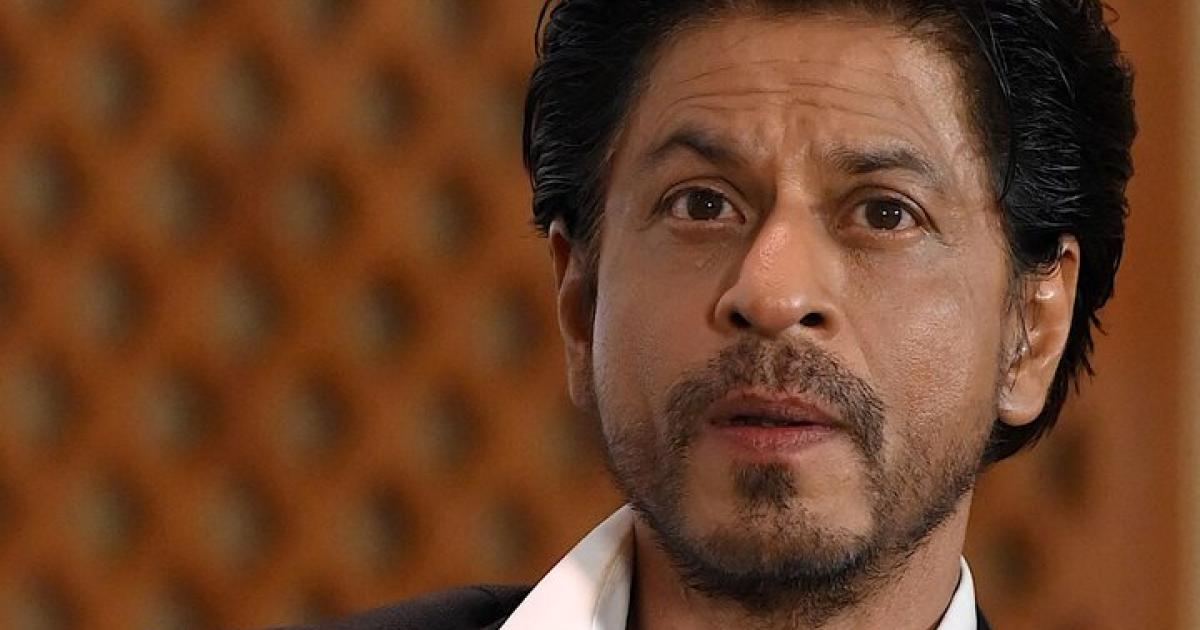Berlin – The Russian war in Ukraine became the starting point for the emergence of a new non-aligned movement. A growing number of countries, including the most populous in the world, are taking a neutral stance on the conflict, despite strong pressure from Western states to unequivocally condemn the attack on Ukraine. Along with India and China, Brazil, Turkey, Indonesia, South Africa, Mexico and other small countries refuse to join in on sanctions against Russia or diplomatically isolate the Putin system.
This is the assessment of the famous independent site The Intercept of the NGO of the same name, founded by journalist Glenn Greenwald and filmmaker Laura Poitras after the revelations of Edward Snowden on global American espionage. Both became world famous because they prepared and published the material of the former CIA employee and whistleblower. Both are among the initiators of the Freedom of the Press Foundation.
The neutral position
The Intercept, in the analysis titled “Not one block or the other: the war in Ukraine shows the emergence of a post-American world‘ one aspect that has received little attention in the West: the global South’s view of the conflict. Many countries have established their own relations with Russia – also as a counterweight to the global supremacy of the United States.
The neutral stance of these countries, which are home to around half of the world’s population, shocks Western elites, writes security and foreign policy author Murtaza Hussain. For decades they had been accustomed to “explaining to other nations what position they should take on geopolitical issues”. But, so the realization: The way the West acted as a superpower during the Cold War “doesn’t work anymore.”
The credibility of the United States has faded
Ironically, this “independent, unallied world order” is taking shape just as American policy invokes strict moral values. “American politicians are right to criticize Russia for the brutal and unprovoked invasion of a sovereign country,” he says. The use of brute force to compel a democracy to surrender its independence “is a dangerous development which has every right to be condemned”. However, after decades of US aggression and abuse of power in large parts of the world, US reliability has faded.
Instead of joining one bloc or another, what emerges, according to the author, is “a truly post-American world”: “Candidates from great powers like India and China are themselves guilty of human rights abuses, but it is unlikely that they will ever do so. resume the role of suppliants for the western fallout.

“Thinker. Food advocate. Incurable coffee enthusiast. Communicator. Proud student. Zombie buff. Tv fanatic. Extreme troublemaker.”





